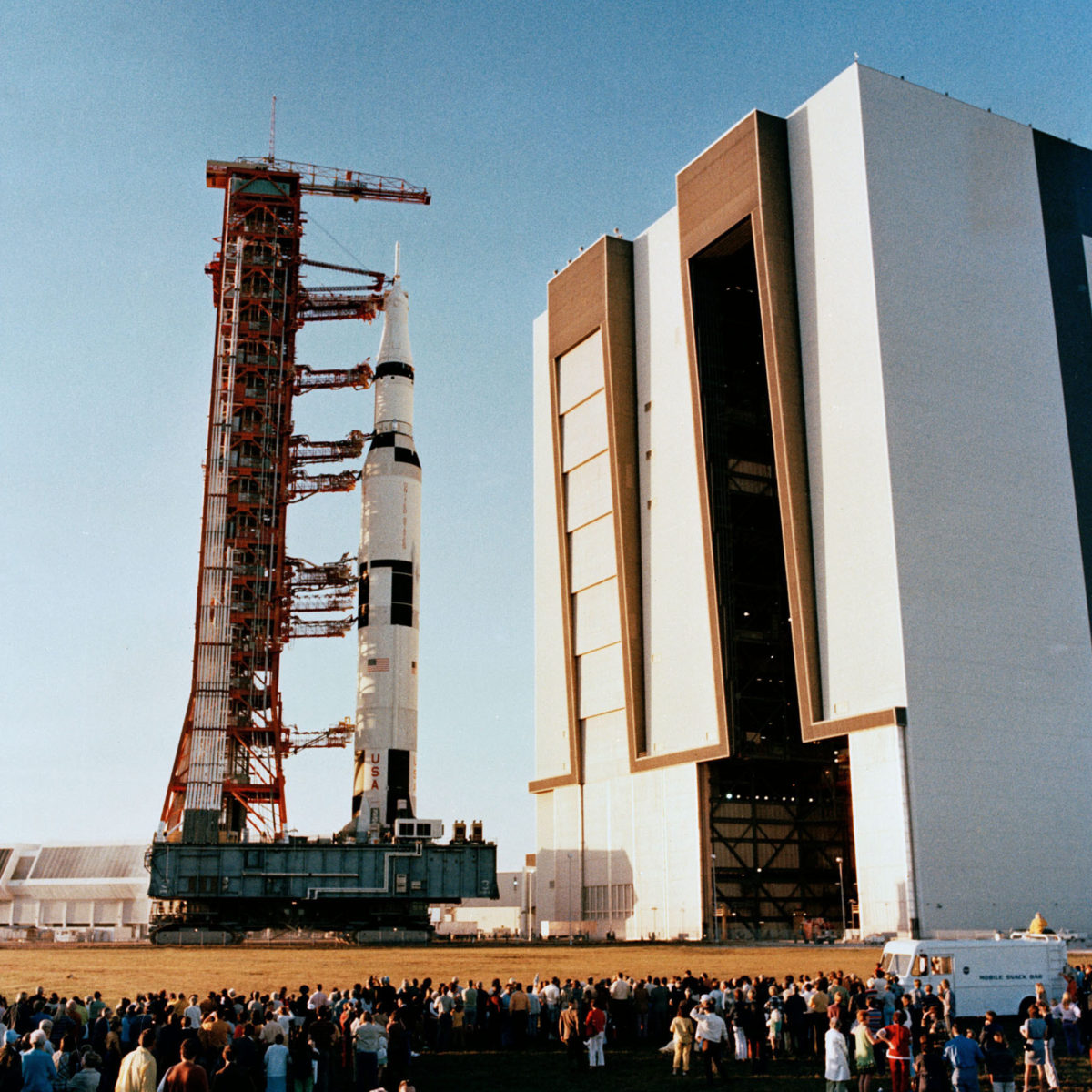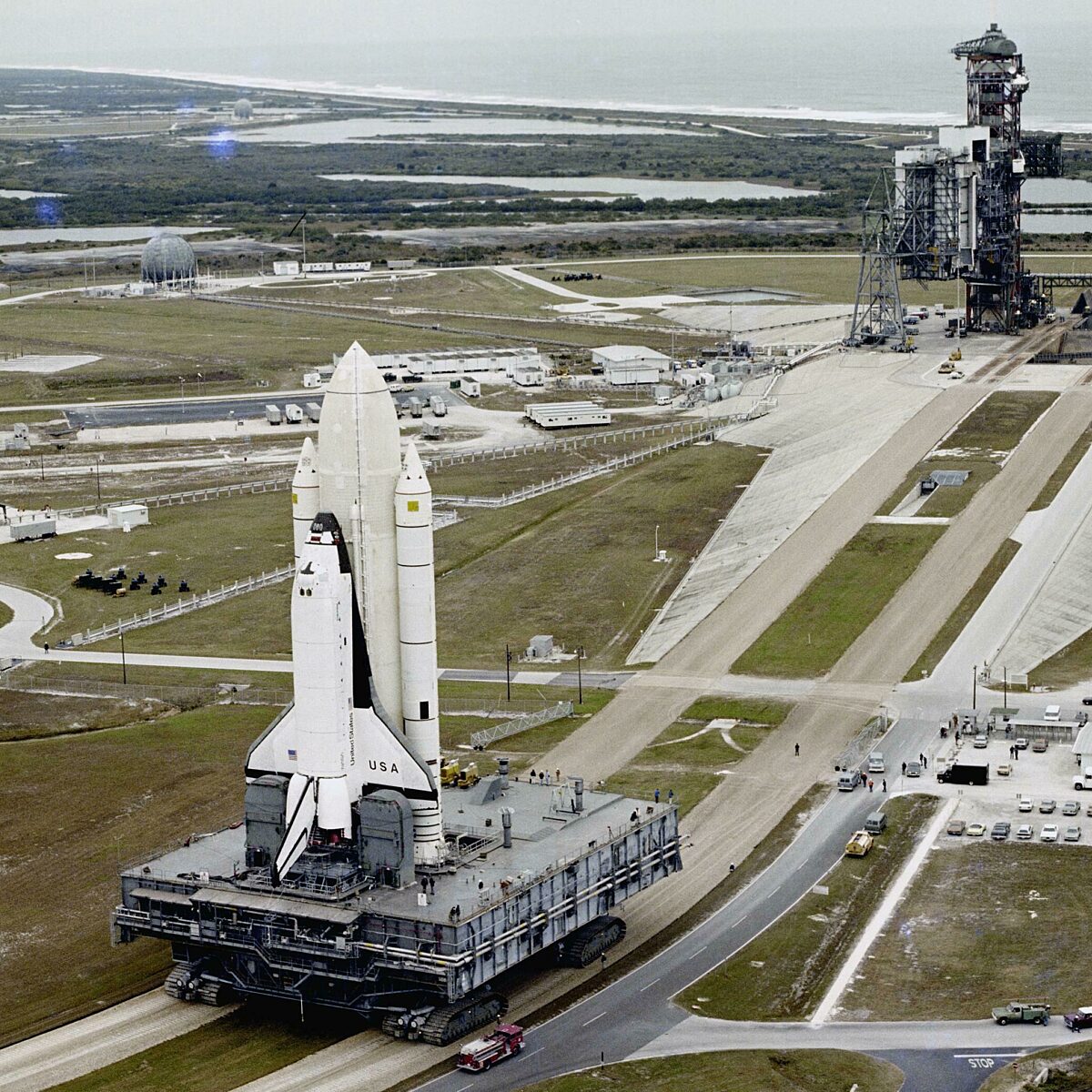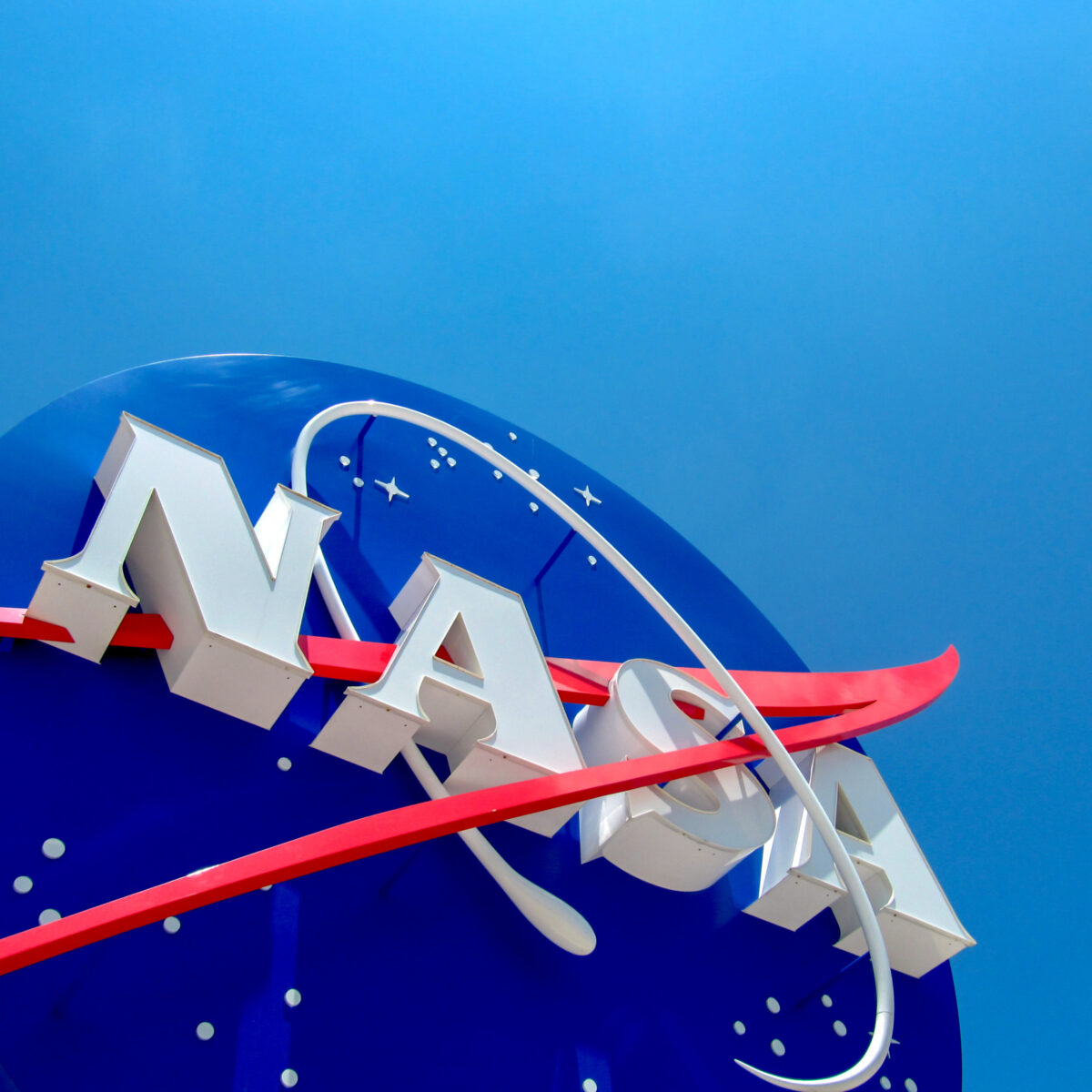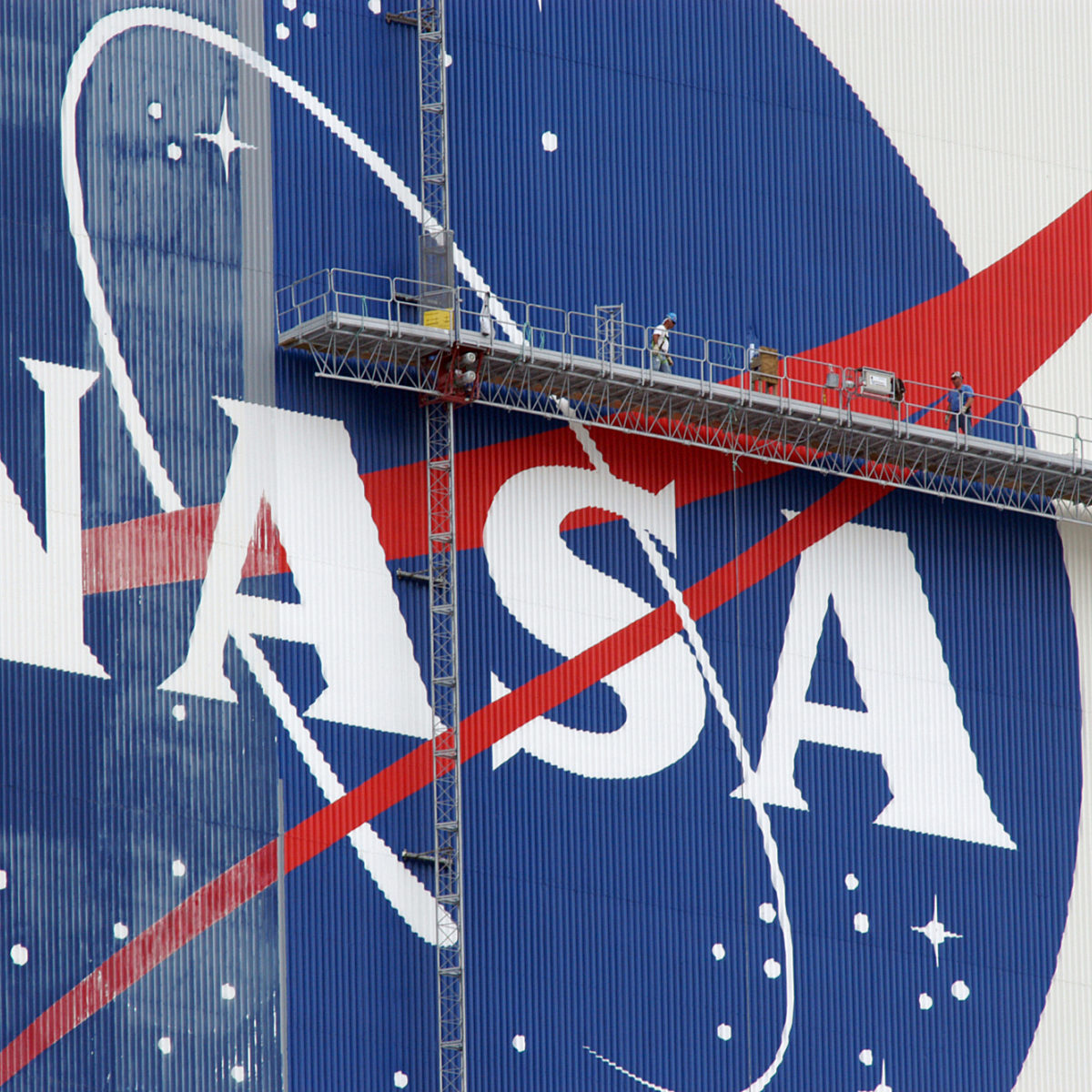Policy is the prime mover of space exploration. It sets in motion government resources, defines regulatory requirements, and releases funds from national treasures. Good policy is, therefore, critical for success in space.
The Planetary Society participates in the process of developing space policy by providing original analysis, releasing policy recommendations, and generating useful data for public and academic use.
Featured Reports
Space Policy Recommendations for the Second Trump Administration
The Planetary Society believes that by embracing a clear and unwavering commitment to exploration, discovery-based science, and the unique capabilities of public and private space sectors, NASA can help maintain technology leadership, promote an open and inquisitive culture, and enable ongoing economic prosperity. We have a solid foundation from which to work. And by embracing the unique role of NASA and its responsibility to the nation, the path forward will endure for years to come.
The Search for Life as a Guidepost to Scientific Revolution (PDF)
In this submission to the 2023 - 2032 planetary science decadal survey, The Planetary Society argued for the importance of the search for life, not just as an inspiring goal, but as a means to achieve a scientific revolution within biology and medicine. Unlike past revolutions, searching for life presents a clear pathway for success: we know how to do it, and we know where to look.
Datasets
The Planetary Exploration Budget Dataset
The cost per mission, per year, for every robotic planetary exploration effort in NASA's history.
Project Apollo Historical Cost Dataset
A rich data set tracking the costs of Project Apollo, free for public use. Includes unprecedented program-by-program cost breakdowns, facilities construction, salaries, and related programs.
How Much Did it Cost to Create the Space Shuttle?
Between 1972 and 1982, NASA spent approximately $10.6 billion to develop the space shuttle and its related facilities.
Your Guide to NASA's Budget
How big is NASA's budget right now? What was it like in the past? How does it compare to the rest of government spending? These answers, as well as charts, raw data, and original sourcing, are contained within.
Latest Articles and Analysis
NASA Gets a Three Week Reprieve
If ever there was an example of how quickly political winds can shift, look no further than the sudden end to a seemingly endless government shutdown on January 25th.
Miseries mount as shutdown drags on
The partial government shutdown that shuttered NASA continues with no end in sight. The U.S. space program sits idle, the vast majority of its workforce sent home. Space science and exploration projects are disrupted. Paychecks are absent. And an unsettling realization has dawned on hundreds of thousands of public employees and contractors affected by the shutdown: this time is different.
Happy Holidays. NASA is Shut Down.
A partial government shutdown has shuttered NASA's operations for at least a week. Critical programs like the International Space Station will continue. This is the third shutdown of 2018 and another pointless disruption for the hardworking men and women at the U.S. space agency.
After the Success of InSight, It’s Time for NASA to Commit to Mars Sample Return
In the brief period of public and political goodwill generated by NASA's latest success at the Red Planet, now is the time to secure a commitment for the next steps at Mars: sample return.
Planetary Radio: Space Policy Edition
The Planetary Society's Chief Advocate, Casey Dreier, hosts this monthly podcast that engages the world's experts in space policy and history to share the behind-the-scenes stories of how space exploration actually happens. Available on major podcast providers, learn how to subscribe.
How We Work: Space Policy & Advocacy
Space exploration doesn't just happen—it requires a vigilant and educated public to demand support for this unique program. Be one of them. We'll show you how.
Space Agencies
A look at some of the agencies that make space science and exploration possible.


 Explore Worlds
Explore Worlds Find Life
Find Life Defend Earth
Defend Earth











